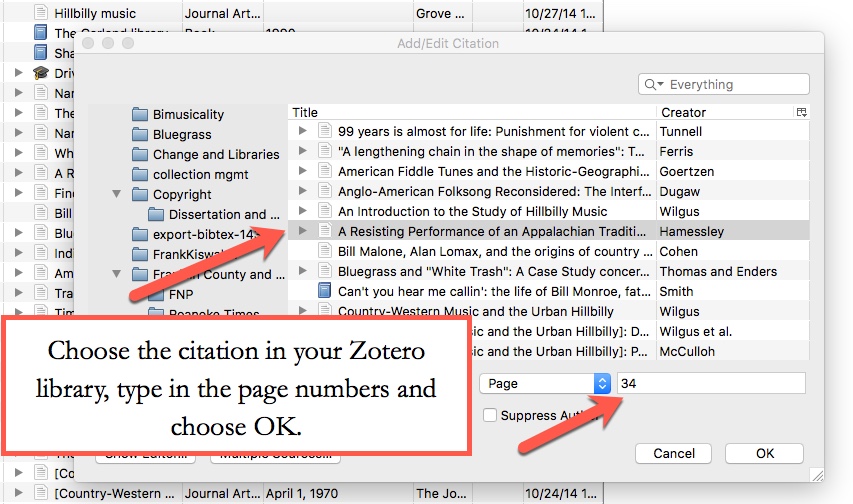

#Zotero word plugin does not work pdf
The backlinks or the cite keys do not do anything in the PDF itself, but they will later on: everything that is inside double brackets will be turned into a backlink to another note in my Obsidian vault, while BetterBibTex cite keys will be turned into formatted citations when I convert my Markdown notes using Pandoc. This is a screenshot of my PDF viewer, where you can see how I take fleeting notes on the file:Īs you can see, my fleeting notes already contain wikilinks (with double square brackets) as well as BetterBibTex cite keys (within single square brackets). Generally, I avoid taking notes directly in Obsidian because I find that this is a much more distracting environment. I call these initial notes “fleeting notes”, following the Zettelkasten terminology. If I am on my tablet, I take handwritten notes in the margins of the PDF document. If I am on my computer, I generally type notes on the PDF document itself, and alternatively in the “notes pane” in Zotero. In both cases, I highlight relevant sentences or paragraph, write summaries, and/or add reflections as I read. I do most of my reading on my computer or on my tablet (using a styles and Zotfile): I find it more convenient to have all my references digitally than having to deal with piles and piles of photocopies and books.

This is a screenshot of my Zotero database: My collections serve two purposes: it makes sure that I always have an up-to-date bibliography of main research topics, and it makes sure that my literature notes contain backlinks to the most relevant MOCs and/or permanent notes when I export them with the Mdnotes plugin (see the function of collections placeholders). My folders are theme-based, for the moment, but I plan to change their names so that they correspond with the Maps of Content that I use in my Obsidian vault. Then, I file the reference in the relevant collections and add the relevant tags if necessary.

I use six ways to import a file and/or reference into Zotero: In the past I was a bit more lazy, but I have learned the hard way that importing a reference takes less than a minute but searching for a lost reference can take up a lot of time and mental energy. A reference manager solves all these problems and has the added benefits of creating citations and bibliographies for you, organizing your references with tags, collections, related items, and more, and integrating nicely with text editors such as Microsoft Word, LibreOffice, or, as is my case, with Obsidian.Įvery time that I come across a reference, whether I have immediate access to it or not, I immediately store it in Zotero. This worked well when I was an undergraduate or even graduate student, but as a full-time researcher it was a recipe for disaster: creating bookmarks for internet websites did not guarantee I would look at them when I needed them saving images to a folder makes it very hard to record the metadata you would need to reference them, and just saving hundreds of files in different folders made it very hard to keep track of them all. Previously, I would store all these references in bookmarks in my web browser or in folders across my computer. In the last nine months alone, I have come across seven hundred references that were relevant to my research: not only books, chapters, or articles, but also websites, images, letters, historical documents, artworks, etc. From permanent notes to a manuscript: Pandoc.From literature notes to permanent notes: Obsidian.From fleeting notes to literature notes: Obsidian.From references to fleeting notes: Zotero and Zotero plug-ins.


 0 kommentar(er)
0 kommentar(er)
